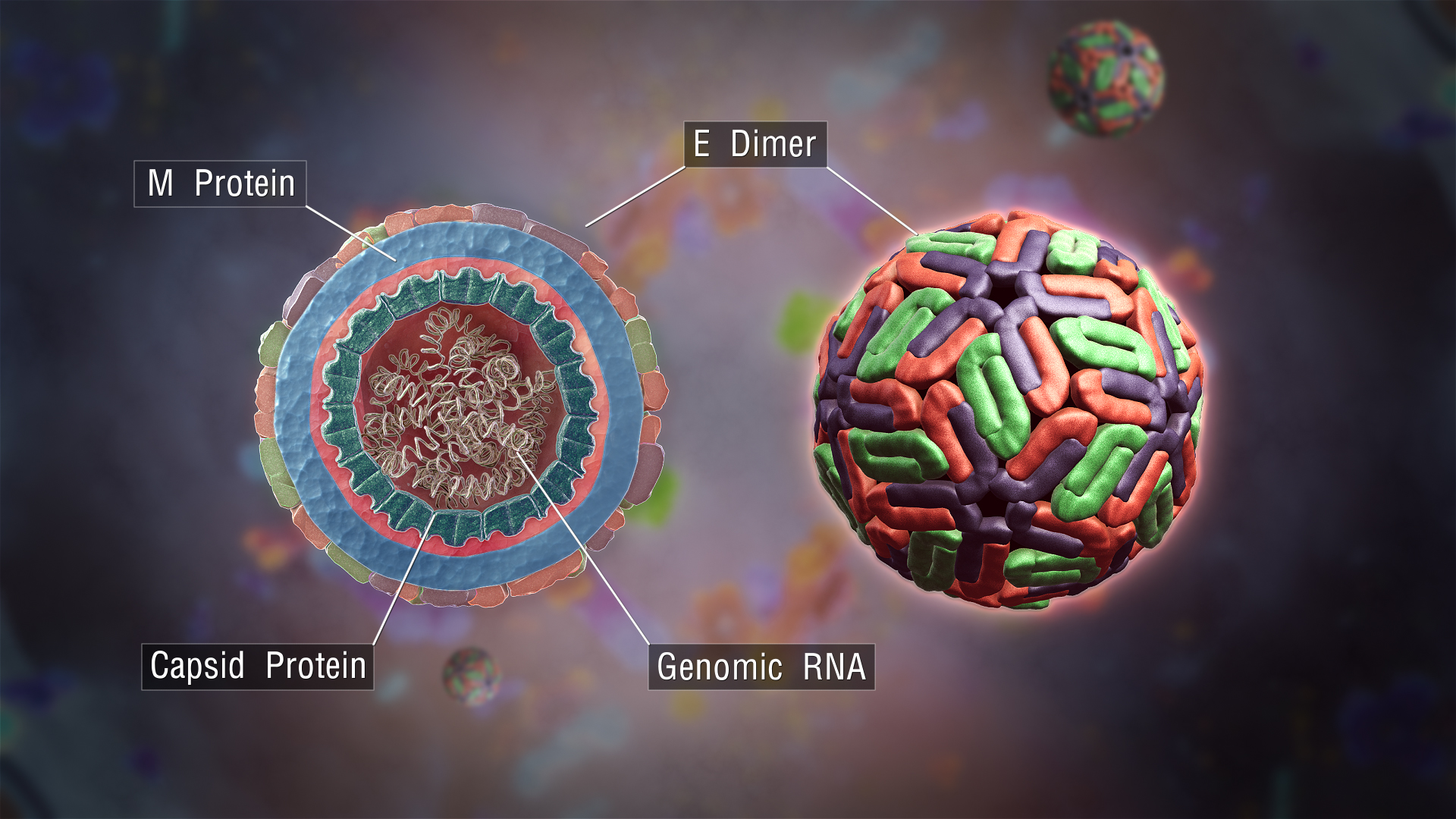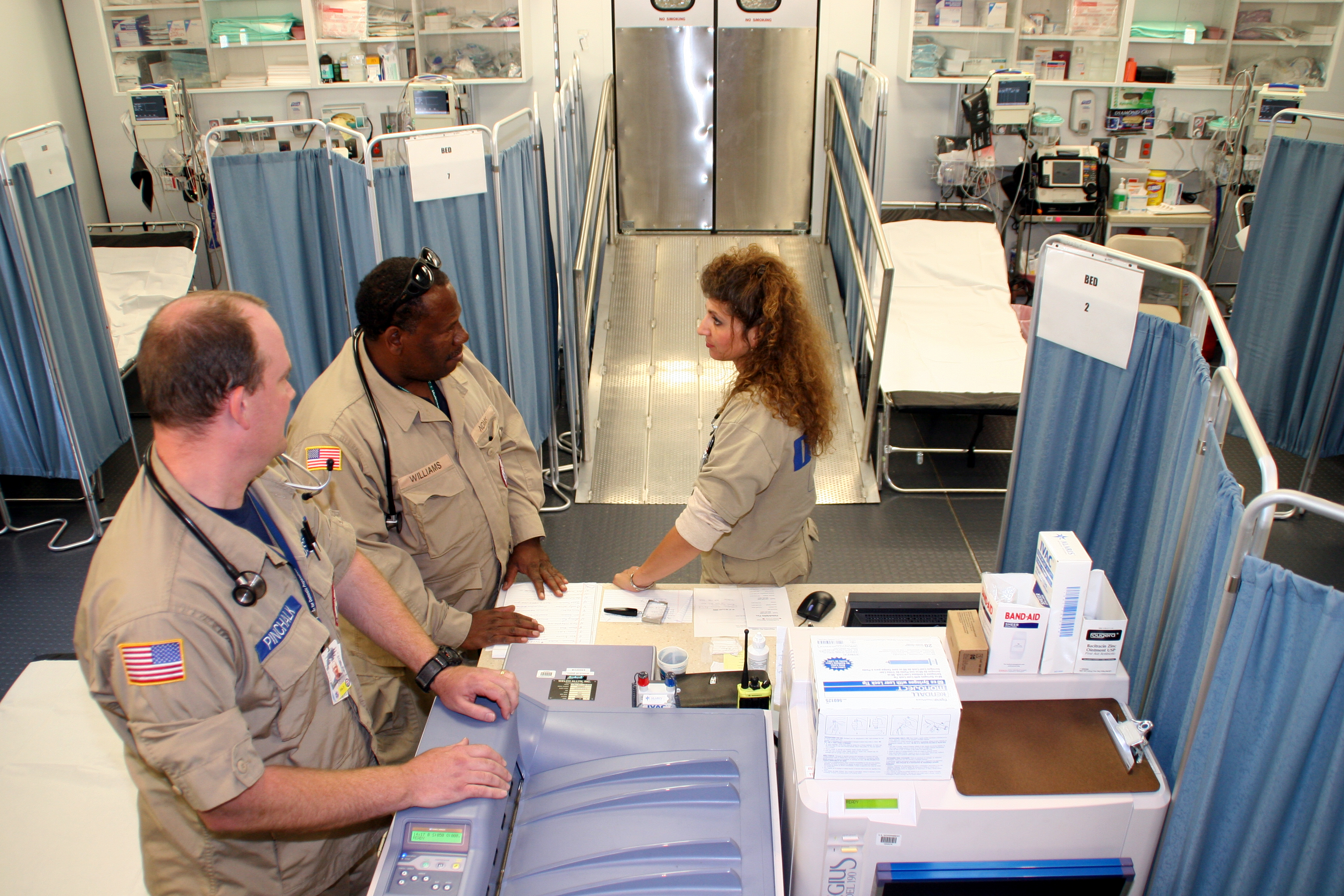|
Ayub Teaching Hospital
Ayub Teaching Hospital (Urdu, Hindko: , ps, د ایوب تدريسي روغتون, abbreviated as ATH), is a public sector, non-profit tertiary level academic health sciences centre located in Abbottabad, Khyber Pakhtunkhwa, Pakistan. Established in 1995, ATH has one of the largest trauma centres in the region serving the northeastern districts of Khyber Pakhtunkhwa, southern Gilgit-Baltistan and the northern districts of Azad Jammu & Kashmir. The hospital also serves as the chief teaching hospital of Ayub Medical College. Patient care ATH employs more than 500 in-house physicians including 60 residents (fellows) and 200 nurses. It is part of a consortium of hospitals which operates in Khyber Pakhtunkhwa and is the primary teaching hospital for Ayub Medical College. Teaching ATH is the principal teaching affiliate of Ayub Medical College and the School of Nursing. Every member of the hospital medical and dental staff holds an academic appointment at the hospital and operates num ... [...More Info...] [...Related Items...] OR: [Wikipedia] [Google] [Baidu] |
Tertiary Care
Health care or healthcare is the improvement of health via the prevention, diagnosis, treatment, amelioration or cure of disease, illness, injury, and other physical and mental impairments in people. Health care is delivered by health professionals and allied health fields. Medicine, dentistry, pharmacy, midwifery, nursing, optometry, audiology, psychology, occupational therapy, physical therapy, athletic training, and other health professions all constitute health care. It includes work done in providing primary care, secondary care, and tertiary care, as well as in public health. Access to health care may vary across countries, communities, and individuals, influenced by social and economic conditions as well as health policies. Providing health care services means "the timely use of personal health services to achieve the best possible health outcomes". Factors to consider in terms of health care access include financial limitations (such as insurance coverage), geograph ... [...More Info...] [...Related Items...] OR: [Wikipedia] [Google] [Baidu] |
Gastroenterology
Gastroenterology (from the Greek gastḗr- “belly”, -énteron “intestine”, and -logía "study of") is the branch of medicine focused on the digestive system and its disorders. The digestive system consists of the gastrointestinal tract, sometimes referred to as the ''GI tract,'' which includes the esophagus, stomach, small intestine and large intestine as well as the accessory organs of digestion which includes the pancreas, gallbladder, and liver. The digestive system functions to move material through the GI tract via peristalsis, break down that material via digestion, absorb nutrients for use throughout the body, and remove waste from the body via defecation. Physicians who specialize in the medical specialty of gastroenterology are called gastroenterologists or sometimes ''GI doctors''. Some of the most common conditions managed by gastroenterologists include gastroesophageal reflux disease, gastrointestinal bleeding, irritable bowel syndrome, irritable bowel dise ... [...More Info...] [...Related Items...] OR: [Wikipedia] [Google] [Baidu] |
Endocrinology
Endocrinology (from '' endocrine'' + '' -ology'') is a branch of biology and medicine dealing with the endocrine system, its diseases, and its specific secretions known as hormones. It is also concerned with the integration of developmental events proliferation, growth, and differentiation, and the psychological or behavioral activities of metabolism, growth and development, tissue function, sleep, digestion, respiration, excretion, mood, stress, lactation, movement, reproduction, and sensory perception caused by hormones. Specializations include behavioral endocrinology and comparative endocrinology. The endocrine system consists of several glands, all in different parts of the body, that secrete hormones directly into the blood rather than into a duct system. Therefore, endocrine glands are regarded as ductless glands. Hormones have many different functions and modes of action; one hormone may have several effects on different target organs, and, conversely, one target orga ... [...More Info...] [...Related Items...] OR: [Wikipedia] [Google] [Baidu] |
Kidney Dialysis
Kidney dialysis (from Greek , , 'dissolution'; from , , 'through', and , , 'loosening or splitting') is the process of removing excess water, solutes, and toxins from the blood in people whose kidneys can no longer perform these functions naturally. This is referred to as renal replacement therapy. The first successful dialysis was performed in 1943. Dialysis may need to be initiated when there is a sudden rapid loss of kidney function, known as acute kidney injury (previously called acute renal failure), or when a gradual decline in kidney function, chronic kidney disease, reaches stage 5. Stage 5 chronic renal failure is reached when the glomerular filtration rate is 10–15% of normal, creatinine clearance is less than 10 mL per minute and uremia is present. Dialysis is used as a temporary measure in either acute kidney injury or in those awaiting kidney transplant and as a permanent measure in those for whom a transplant is not indicated or not possible.Pendse S, Singh A, ... [...More Info...] [...Related Items...] OR: [Wikipedia] [Google] [Baidu] |
Dermatology
Dermatology is the branch of medicine dealing with the skin.''Random House Webster's Unabridged Dictionary.'' Random House, Inc. 2001. Page 537. . It is a speciality with both medical and surgical aspects. A dermatologist is a specialist medical doctor who manages diseases related to skin, hair, nails, and some cosmetic problems. Etymology Attested in English in 1819, the word "dermatology" derives from the Greek δέρματος (''dermatos''), genitive of δέρμα (''derma''), "skin" (itself from δέρω ''dero'', "to flay") and -λογία '' -logia''. Neo-Latin ''dermatologia'' was coined in 1630, an anatomical term with various French and German uses attested from the 1730s. History In 1708, the first great school of dermatology became a reality at the famous Hôpital Saint-Louis in Paris, and the first textbooks (Willan's, 1798–1808) and atlases ( Alibert's, 1806–1816) appeared in print around the same time.Freedberg, et al. (2003). ''Fitzpatrick's Dermatology in ... [...More Info...] [...Related Items...] OR: [Wikipedia] [Google] [Baidu] |
Dengue Virus
''Dengue virus'' (DENV) is the cause of dengue fever. It is a mosquito-borne, single positive-stranded RNA virus of the family ''Flaviviridae''; genus ''Flavivirus''. Four serotypes of the virus have been found, a reported fifth has yet to be confirmed,Dwivedi, V. D., Tripathi, I. P., Tripathi, R. C., Bharadwaj, S., & Mishra, S. K. (2017). Genomics, proteomics and evolution of ''Dengue virus''. Briefings in functional genomics.16(4): 217–227, https://doi.org/10.1093/bfgp/elw040 all of which can cause the full spectrum of disease. Nevertheless, scientists' understanding of dengue virus may be simplistic as, rather than distinct antigenic groups, a ''continuum'' appears to exist. This same study identified 47 strains of ''dengue virus''. Additionally, coinfection with and lack of rapid tests for ''zika virus'' and ''chikungunya'' complicate matters in real-world infections. ''Dengue virus'' has increased dramatically within the last 20 years, becoming one of the worst mosquito- ... [...More Info...] [...Related Items...] OR: [Wikipedia] [Google] [Baidu] |
Cardiology
Cardiology () is a branch of medicine that deals with disorders of the heart and the cardiovascular system. The field includes medical diagnosis and treatment of congenital heart defects, coronary artery disease, heart failure, valvular heart disease and electrophysiology. Physicians who specialize in this field of medicine are called cardiologists, a specialty of internal medicine. Pediatric cardiologists are pediatricians who specialize in cardiology. Physicians who specialize in cardiac surgery are called cardiothoracic surgeons or cardiac surgeons, a specialty of general surgery. Specializations All cardiologists study the disorders of the heart, but the study of adult and child heart disorders each require different training pathways. Therefore, an adult cardiologist (often simply called "cardiologist") is inadequately trained to take care of children, and pediatric cardiologists are not trained to treat adult heart disease. Surgical aspects are not included in cardiology ... [...More Info...] [...Related Items...] OR: [Wikipedia] [Google] [Baidu] |
Bayt Al-mal
''Bayt al-mal'' () is an Arabic term that is translated as "House of money" or "House of wealth." Historically, it was a financial institution responsible for the administration of taxes in Islamic states, particularly in the early Islamic Caliphate. It served as a royal treasury for the caliphs and sultans, managing personal finances and government expenditures. Further, it administered distributions of zakat revenues for public works. Modern Islamic economists deem the institutional framework appropriate for contemporary Islamic societies. History ''Bayt al-mal'' was the department that dealt with the revenues and all other economical matters of the state. In the time of Muhammad, there was no permanent Bait-ul-Mal or public treasury. Whatever revenues or other amounts were received were distributed immediately. During Prophethood, the last receipt was tribute from Bahrain amounting 800000 dirham which was distributed in just one sitting. There were no salaries to be paid, and ... [...More Info...] [...Related Items...] OR: [Wikipedia] [Google] [Baidu] |
Anesthesiology
Anesthesiology, anaesthesiology, or anaesthesia is the medical specialty concerned with the total perioperative care of patients before, during and after surgery. It encompasses anesthesia, intensive care medicine, critical emergency medicine, and pain medicine. A physician specialized in anesthesiology is called an anesthesiologist, anaesthesiologist, or anaesthetist, depending on the country. In some countries, the terms are synonymous, while in other countries they refer to different positions, and ''anesthetist'' is only used for non-physicians, such as nurse anesthetists. The core element of the specialty is the study and use of anesthesia to safely support a patient's vital functions through the perioperative period. Since the 19th century, anesthesiology has developed from an experimental area with non-specialist practitioners using novel, untested drugs and techniques into what is now a highly refined, safe and effective field of medicine. In some countries anesthesiol ... [...More Info...] [...Related Items...] OR: [Wikipedia] [Google] [Baidu] |
Emergency Department
An emergency department (ED), also known as an accident and emergency department (A&E), emergency room (ER), emergency ward (EW) or casualty department, is a medical treatment facility specializing in emergency medicine, the acute care of patients who present without prior appointment; either by their own means or by that of an ambulance. The emergency department is usually found in a hospital or other primary care center. Due to the unplanned nature of patient attendance, the department must provide initial treatment for a broad spectrum of illnesses and injuries, some of which may be life-threatening and require immediate attention. In some countries, emergency departments have become important entry points for those without other means of access to medical care. The emergency departments of most hospitals operate 24 hours a day, although staffing levels may be varied in an attempt to reflect patient volume. History Accident services were provided by workmen's compensation ... [...More Info...] [...Related Items...] OR: [Wikipedia] [Google] [Baidu] |
Nursery (room)
A nursery is usually, in American connotations, a bedroom within a house or other dwelling set aside for an infant or toddler. A typical nursery would contain a cradle or a crib (or similar type of bed), a table or platform for the purpose of changing diapers (also known as a changing table), a rocking chair, as well as various items required for the care of the child (such as baby powder and medicine). A nursery is generally designated for the smallest bedroom in the house, as a baby requires very little space until at least walking age; the premise being that the room is used almost exclusively for sleep. However, the room in many cases could remain the bedroom of the child well into his or her teenage years, or until a younger sibling is born, and the parents decide to move the older child into another larger bedroom, if one should be available. In Edwardian times, for the wealthy and mid-tier classes, a nursery was a suite of rooms at the top of a house, including the nigh ... [...More Info...] [...Related Items...] OR: [Wikipedia] [Google] [Baidu] |








